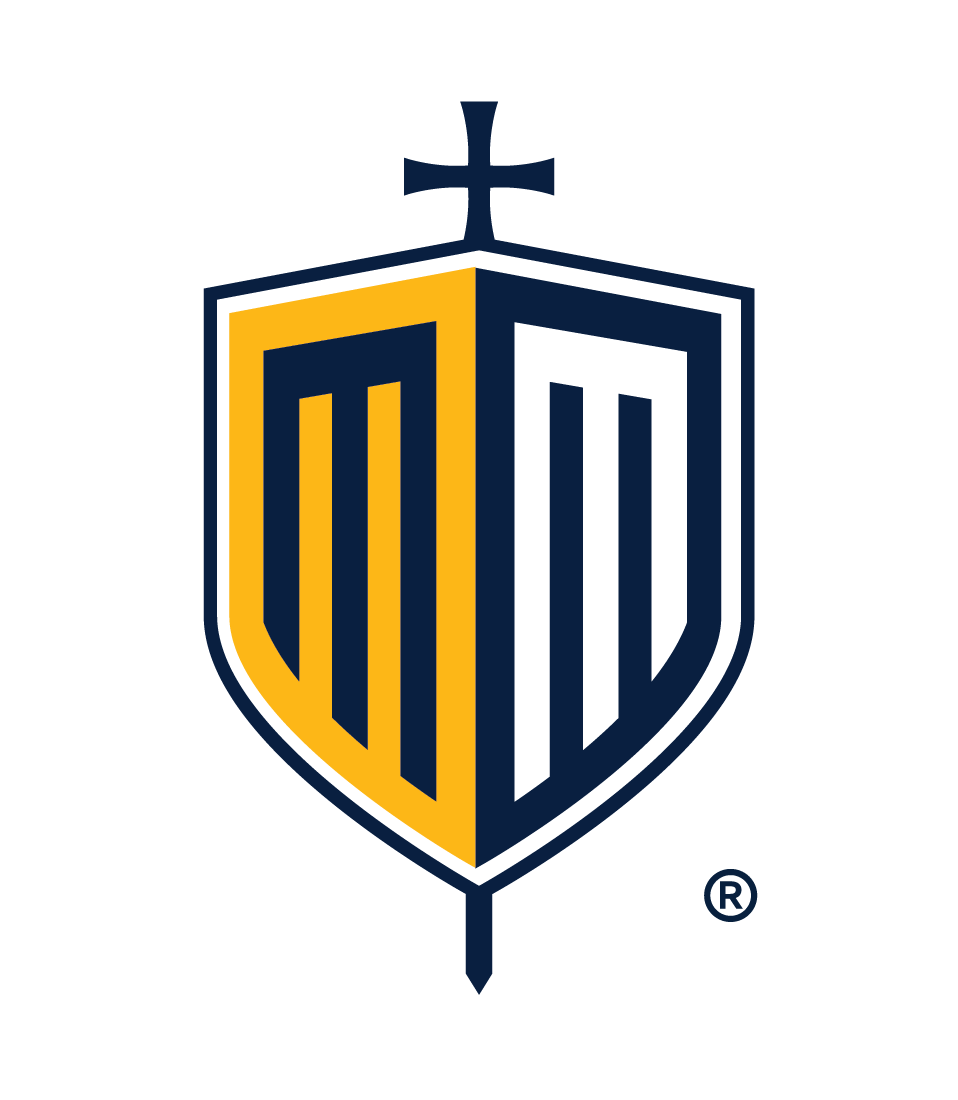Ethics at Mount Marty - The BLI Series
April 29, 2020
“…a considerable degree of skill, experience, and sound judgment is required in order to keep the machine exactly in the rising current . . . Before trying to rise to any dangerous height, a man ought to know that in an emergency his mind and muscles will work by instinct rather than conscious effort. There is no time to think. . . . The soaring problem is apparently not so much one of better wings, as of better operators.” Wilbur Wright (quoted in The Wright Brothers.)
I remember the recording. I remember the transcripts. As the law clerk for the court case, I read them daily for half a year. The propeller flew off and pierced the fuselage. Experts said the plane depressurized, likely causing ears to bleed and a fog-like mist, obscuring vision inside the plane. They also said the blip on the radar hinted that the plane flipped when the propeller flew off, but the pilots were able to set it aright quickly. The pilots radioed for help. They sought a place to land on a foggy, windy day. They requested an ambulance; they were calm, professional, under control. Coming out of the low cloud cover, the plane hit a grain silo dead center. Had they not hit the silo, they could have survived, landing on soft muddy fields. They did not. To the moment of impact they were calm, their voices indicating only the slightest hint of despair.
They were excellent pilots. Study, training, and practice taught their instincts to react properly when they had no time to think. They developed a “habitus (not mere habit) of choosing the good and avoiding the evil, with right reason.” In other words, they developed the virtue of piloting. Teaching at a Catholic, Benedictine institution, we would say, in the words of St. Benedict, that they had “faithfully put into practice” what was necessary to be good, true, beautiful pilots. At one time we would also have simply said they had developed the ethic, the ethos, the consistent character of an excellent pilot. Ethics and virtue were inseparable in developing character and competence.
In modern times, ethics is not about developing character or “faithfully putting into practice.” To borrow from C.S. Lewis, what is now called “ethics” has become about as useful in breeding good character as a gelding is to siring a racehorse. But why is this? Like the gelding separated from his parts, ethics has become separated from virtue, becoming listless and sterile.
What was known as “ethics,” but now generally called by the secular world “virtue ethics,” has largely been lost outside of Catholic institutions. The concepts of the value of work, study, and practice have been replaced by deontology, positivism, consequentialism, pragmatism, utilitarianism, relativism, and other “ethical theories.” Virtue ethics has been derided, misunderstood, and until a recent revival, considered an “also ran.” The reasons for this abandonment are too numerous for this essay, but I would like to focus on one reason why our world shuns virtue ethics in particular: virtue ethics is hard!
Virtue ethics requires controlling our animal instincts and adapting to reality.
Though hard, the rewards outweigh the challenges. Dreaming of floating is not enough; we must adapt to gravity and air currents. We have to learn the rules of flight, control our reflexes, and devote the time, effort, and discipline so that we can “faithfully put into practice” what it takes to be an excellent pilot. We control our instincts so that they don’t control us. Instinct becomes our servant, not the other way around. Practically speaking, we require virtue ethics whenever consequences are immediate and severe (pilot, athlete, musician, doctor, entrepreneur, nurse, astronaut, dad, mom, friend). But when consequences are remote, we tend to fudge a little. (In my case, it is probably better to say that I sneak a little fudge and cake and pie and pasta.)
When the modern world screams: “Don’t change! You were born this way,” virtue ethics replies calmly: “And you were also born weak, ignorant, and selfish, but you are better than that!” Virtue ethics doesn’t mire us in weakness; it develops our potential. It says: “Today you are weak, ignorant, selfish. Tomorrow, with work, you will reach your full potential: pilot, athlete, musician, doctor, entrepreneur, nurse, astronaut, dad, mom, friend.” Virtue ethics promises that for a small price now, we will become who we were really meant to be. We will flourish in excellence. We can be relied upon when the consequences are immediate and severe.
At Mount Marty, we focus on virtue ethics. We focus on virtue ethics not simply because they work on a practical level, but because virtue ethics leads our students, regardless of their major, to the good, the beautiful, and the true. It leads them to excellence in whatever they do, and helps them find and fulfill their true potential.







